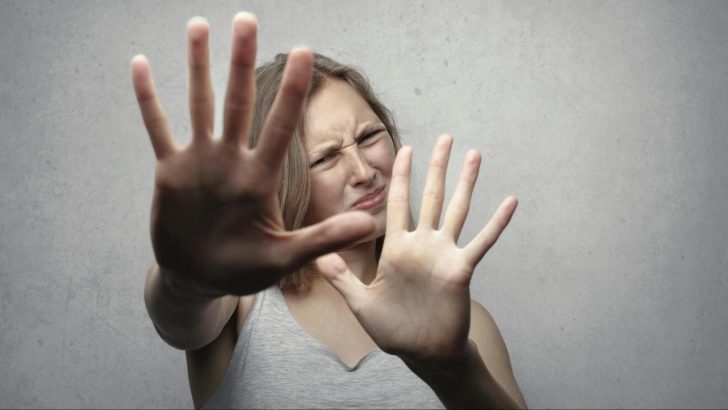When people dance at a party like nobody’s watching, or when a couple is being super romantic in public, do you find yourself feeling unable to resist cringing?
Yeah, we’ve all been there. Sometimes it feels like other people’s joy or silliness is just too much to handle.
But here’s the thing: your reaction isn’t really about them. Or at least, it’s not solely about them.
It’s often a mirror pointing right back at your own insecurities, judgments, 或 过去的经历.
Understanding why you cringe can be eye-opening and even freeing.
Let’s dive into the main reasons behind this and what is uncovers about your inner world.
1. Fear of Judgment: You’re Worried About What Others Think
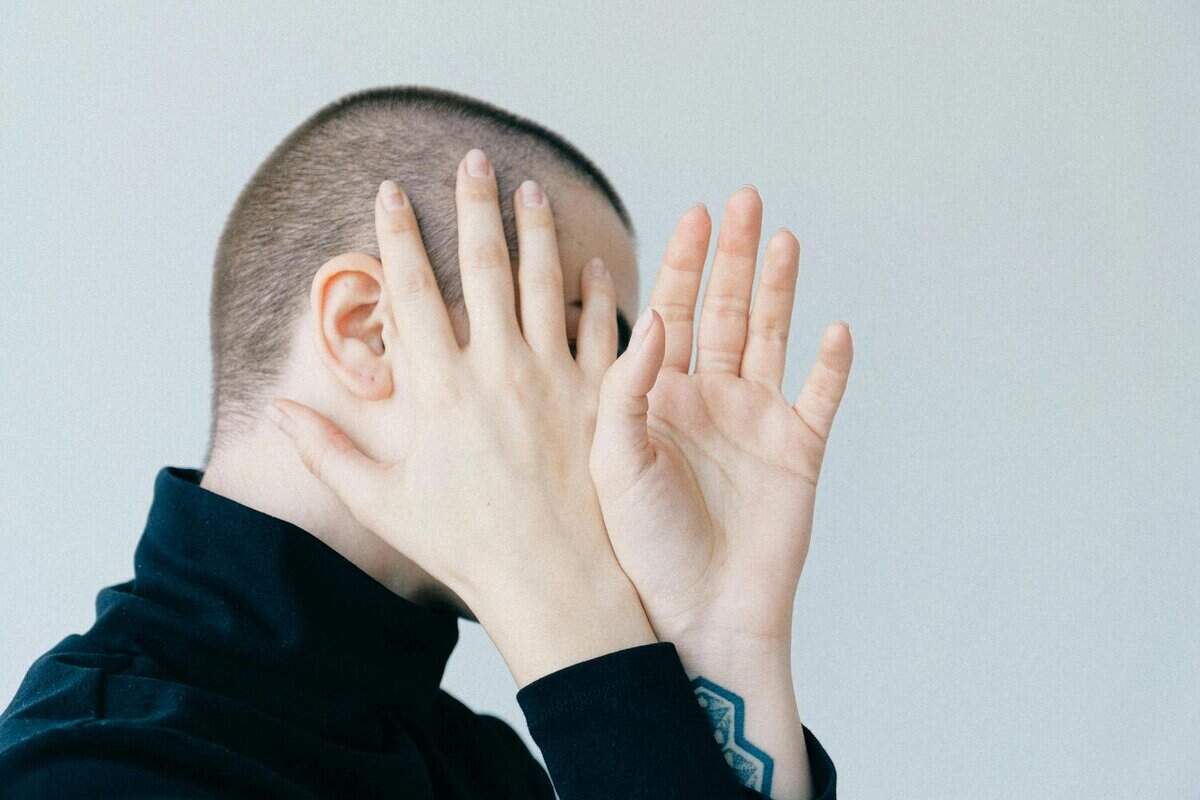
Most of us succumb to cringing because we’re secretly terrified of being judged ourselves.
When we see someone doing something ’embarrassing’, it triggers our fear of looking silly.
Deep down, we worry that others might see us the same way or judge us for our own imperfections.
So, instead of embracing authenticity, we project our fears onto them, making their fun seem uncomfortable or weird.
Recognizing this helps you realize that your reactions often reflect your own self-criticism, not theirs.
Chill out, most people are super busy worrying only about themselves, anyway.
2. Insecurity and Self-Doubt: It’s About How You See Yourself

If you’re constantly cringing at others’ carefree behavior, it could be tied to how insecure you feel inside.
You might find yourself thinking “I could never,” but it is these feelings of self-doubt that make you uncomfortable with others expressing themselves freely.
你的 inner critic is loud, and instead of celebrating differences, you judge harshly.
This isn’t about them. It’s about how you see yourself.
Working on building your confidence and embracing your own quirks can reduce that cringe response, and make you more accepting of others.
3. Comparing Yourself to Others: Why Do 他们 Get to Have Fun?

Comparison is the sneaky villain here.
When you see someone having fun or being silly, you might subconsciously wonder “Why am I not more them?” or “They’re so much cooler than me.”
That comparison only fuels your feelings of inadequacy and jealousy, which translate into cringing as a way to distance yourself from what you wish you could be.
Instead of feeling left out or inferior, try shifting focus to your own happiness.
当您 accept yourself, others’ joy won’t threaten your sense of worth.
4. Past Embarrassments and Old Wounds
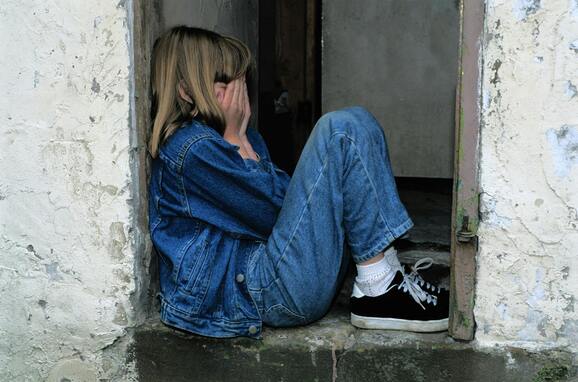
Sometimes, your cringing is rooted in past embarrassing moments or childhood wounds.
如果 you’ve been laughed at or judged before, it leaves scars that make your hypersensitive to similar situations.
Watching others be silly or passionate might unconsciously remind you of your own uncomfortable experiences.
This triggers a defensive cringe reflex.
Healing these old wounds through 自怜 and understanding can lessen this reaction.
Everyone’s journey is different, and what once felt embarrassing doesn’t have to define you know – but it will if you let it.
5. Fixed Mindset and Lack of Openness

If you tend to stick to what’s deemed appropriate or feel uncomfortable with anything outside 你的舒适区, you might find yourself cringing at others’ spontaneity.
This rigidity comes from a fixed mindset – believing things should always stay the same.
When someone sings badly or amuses others by acting silly, you see it as wrong or awkward.
But openness and acceptance grow when you realize life itself is messy and imperfect.
Loosen up, laugh at yourself, and recognize that everyone’s unique expressions add color to life.
Being more flexible internally reduces that cringe reflex and allows you to enjoy others’ authenticity.
6. Envy and Longing for Freedom
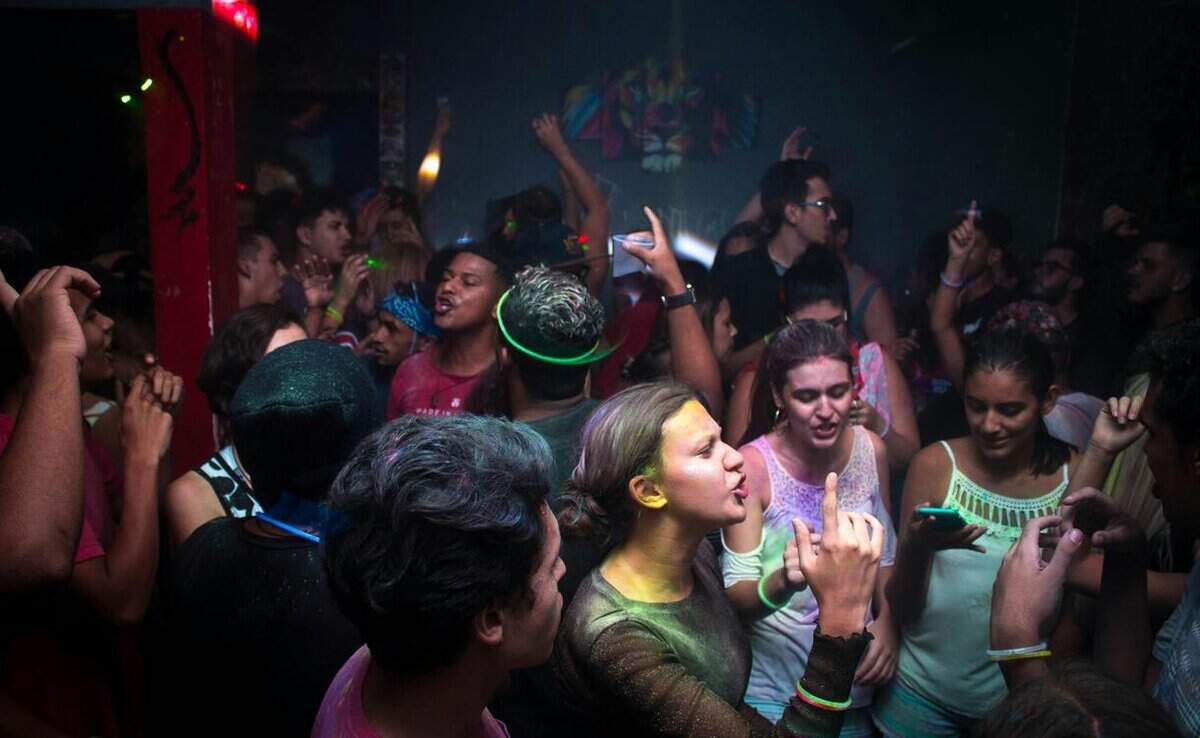
Sometimes, your cringing is fueled by envy – wishing you could be more spontaneous and carefree, but feeling stuck.
You see others being free, silly, and passionate, and secretly wish you could do the same without judgment.
That longing creates tension that manifests as cringing. Instead of suppressing this urge, acknowledge it.
Use that envy as motivation to explore your own passions and break free from self-imposed limits.
When you start embracing your own authentic self, others’ uninhibited joy will inspire you rather than trigger discomfort.
7. Lack of Self-Compassion and Acceptance
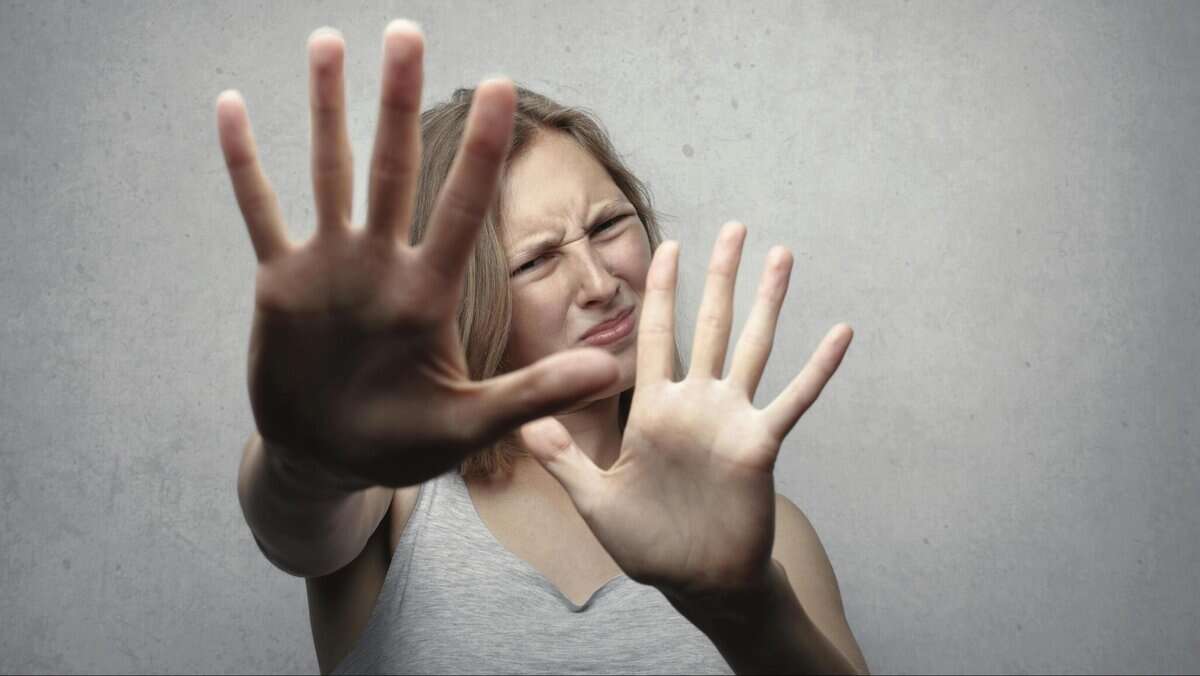
Finally, cringing often stems from a lack of self-love. If you’re harsh on yourself, then it’s natural to also be harsh on others.
Seeing someone being goofy or sappily romantic might threaten your sense of self-worth, making your uncomfortable.
Building self-compassion allows you to accept your imperfections and celebrate that fact that we’re all different.
当你 kinder to yourself, you’re less likely to judge or cringe at what others do.
Everyone is just trying to enjoy life in their own way. Accepting yourself is what you need so you can join them.
A little Aquarius, devoted to writing and embroidery. Through my writing, I hope to empower readers to align with their true selves and navigate life’s mysteries with confidence.

